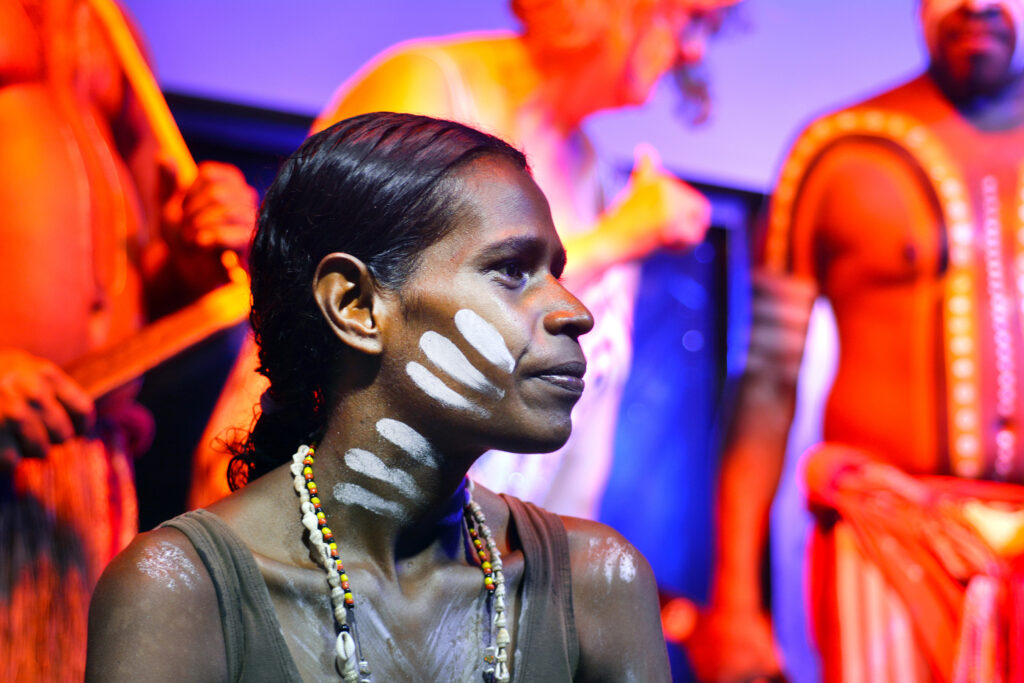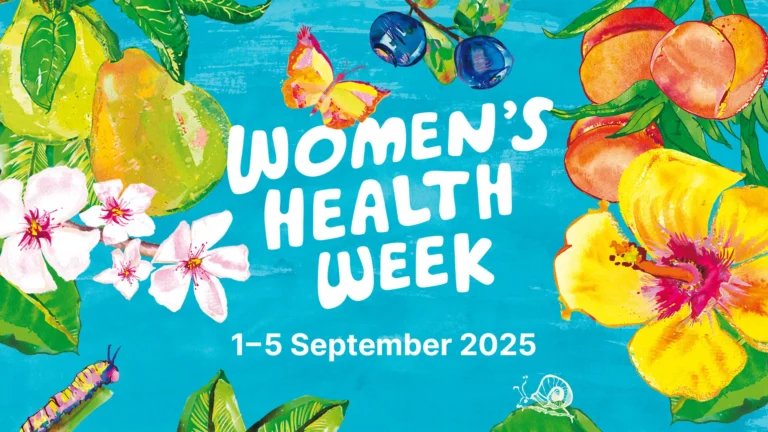National Reconciliation Week (NRW) allows Australia to pause, reflect, and facilitate greater understandings of our shared histories, cultures, and achievements. Between 27 May to 3 June, NRW provides a platform for a collective exploration of how we can all contribute to achieving reconciliation in Australia.
According to Reconciliation Australia, reconciliation is fundamentally viewed as striving for strengthened relationships between Aboriginal and Torres Strait Islander peoples and non-Indigenous peoples. For Aboriginal and Torres Strait Islander peoples, Australia’s colonial past is characterised by devastating land dispossession, violence, and racism. Despite reconciliation efforts affecting positive change in the last 50 years, there is still more ground to be made in ensuring Australia becomes a just, equitable, and reconciled nation.
As a nation, there is still room to grow towards complete reconciliation, which Reconciliation Australia base on five dimensions: historical acceptance, race relations, equality and equity, institutional integrity, and unity.
All five do not exist on an island. They are interrelated and to achieve reconciliation, all five must be intertwined. Improvement in one dimension will by extension facilitate improvement in other dimensions.
National Reconciliation Week 2025 Theme
Key to this year’s NRW is the 2025 theme: Bridging Now to Next. This theme calls on everyone to reflect on the ongoing connection between past, present, and future, and step towards a more reconciled future together. The theme encourages the nation to use past lessons to propel us towards this future.
This year also marks a quarter of a century since Corroboree 2000, an event that united Aboriginal and Torres Strait Islander and non-Indigenous leaders to call for reconciliation. This year’s NRW theme draws on that monumental event as inspiration for the current generation to work towards an increasingly united and respectful nation.
Not only will 2025’s National Reconciliation Week mark 25 years since Corroboree 2000, but it will also commemorate two significant milestones in the reconciliation journey – the 1967 referendum and the High Court’s Mabo decision.
1967 Referendum
On 27 May 1967, 90 per cent of Australian voters chose ‘Yes’ in the Australian Government’s referendum to count Aboriginal and Torres Strait Islander peoples in the census. Furthermore, this overwhelming ‘Yes’ vote afforded the Australian Government power to make laws for Aboriginal and Torres Strait Islander peoples.
The referendum ended 66 years of the Australian Constitution failing to recognise Aboriginal and Torres Strait Islander peoples as part of Australia’s population. Section 127 of the nation’s Constitution, ratified in 1901, dictated that ‘in reckoning the numbers of people of the Commonwealth, or of a State or other part of the Commonwealth, Aboriginal natives shall not be counted.’
Although 1967’s Referendum was a monumental moment in Australian history, it was not a silver bullet. It afforded the Government power to make specific laws applicable to Aboriginal and Torres Strait Islander peoples but did not completely eradicate discrimination.
However, because of the vote several significant changes were implemented by the Australian government, including the introduction of ‘positive discrimination’, an avenue for directly redressing the disadvantages faced by groups of people in the past.
1992 Mabo Decision
The second significant moment in the history of Australia’s reconciliation process occurred on 3 June 1992. On this day, Mer Island man Eddie Mabo was successful in his pursuit to overturn the use of the term terra nullius: ‘land belonging to no one.’
A decision made by Australia’s High Court on 3 June 1992 concluded a ten-year legal battle, ruling terra nullius is not applicable to Australia and recognising the rights Aboriginal and Torres Strait Islander peoples have to the land, which far outdate British arrival.
How Does The ACA Strive For Reconciliation?
One of the ACA’s significant initiatives in the pursuit of reconciliation has been the establishment of a Reconciliation Action Plan (RAP). At the end of last year, the two-year Innovate RAP plan was completed. Not all actions and deliverables were completed, but due to the aspirational or long-term timeframes required to embed these items, this outcome was expected. Moving forward, those unmet deliverables remain a key part of the ACA’s reconciliation future and will be incorporated into the next plan, set for development throughout 2025. The ACA has committed to working closely with Reconciliation Australia to develop our next and continue advancing reconciliation within the organisation.
Across both 2024 and this year, the activity of ARRPN has intuitively aligned with the 2025 National Reconciliation Week theme, Bridging Now to Next. Several key focuses will drive our activities moving forward, including the continued development of cultural awareness training for this year’s annual conference and the development of the ‘next’ – an innovation of the training aiming to accommodate localised learning, delivering and experience.
At the ACA, we are proud early adopters of a RAP and cultural awareness training and remain confident that cultural awareness or sensitivity training will be expected of all health practitioners in the future. The ACA thanks the ARRPN Committee, Board, staff, and members who have supported and contributed to the ACA’s RAP activity and successes over the past year.



